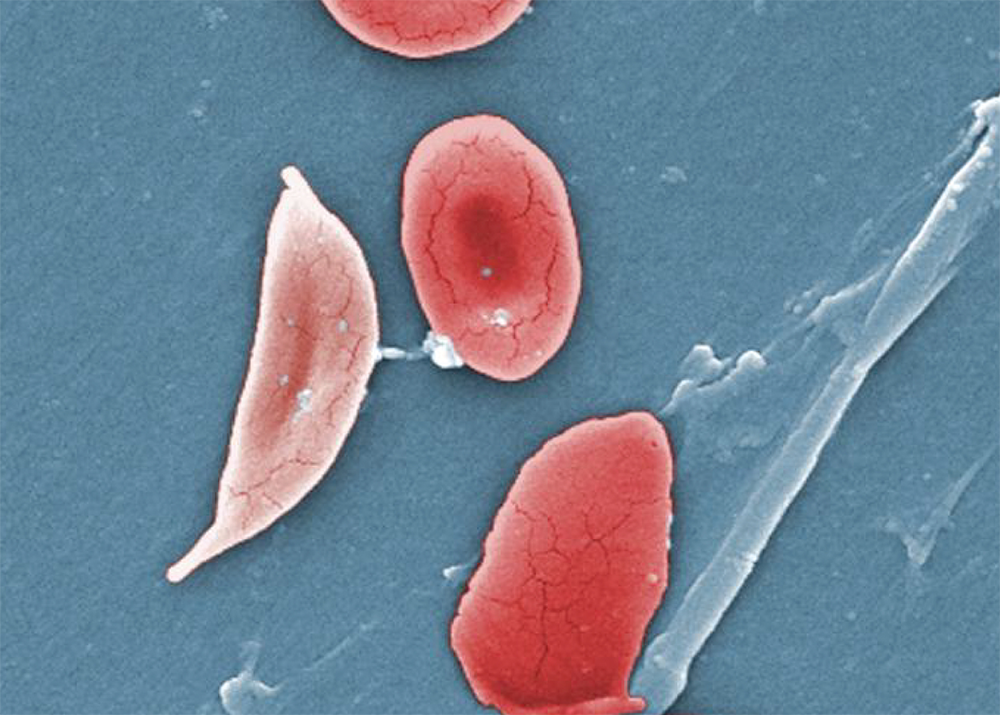The cost of innovative gene therapies to treat and eradicate sickle cell disease (SCD) is far lower than the lifetime medical expenses of having the condition, The New York Times reported.
According to a recent study, the average lifetime medical expense for patients with sickle cell disease (SCD) was $1.7 million. Another recent study found that overall costs per patient, including non-medical expenses, average $63,436 yearly.
There are also lifestyle costs for patients and their families. SCD patients told The New York Times they have had to quit their employment because they can’t go outside, and they often relocate to a warmer climate to escape the pain they experience during harsh winters.
The New York Times quoted Ashley Valentine, co-founder of the patient advocacy group Sick Cells, as saying that she had to take three months off work to care for her brother Marqus, who had SCD, and later her father cared for Marqus for so long that he had to give up his job. Marqus passed away in 2020 at the age of 36 after suffering a stroke brought on by SCD.
Two SCD treatments are on the way, from members of the Biotechnology Innovation Organization (BIO). Gene therapies developed by Bluebird Bio and Vertex/CRISPR Therapeutics, have demonstrated in clinical trials that they can purge patients’ blood of the “misshapen red cells” caused by SCD.
The expense of the hospital stay and the price tag of roughly $1 million associated with these treatments is still far less than the price of a lifetime of living with the condition.
Equity considerations
According to a paper co-authored by Sick Cells, the majority of SCD patients are Black and Latinx, and their concerns are frequently overlooked during standard health technology assessments (HTAs), Bio.News reported last year.
The Institute for Clinical and Economic Review (ICER), conducted an HTA of sickle cell treatments in 2019, and Sick Cells was involved in the process. The patient community’s voice was “consistently external to the HTA process,” and their recommendations were excluded, according to the paper.
There has also been a documented disparity between federal and private financing for SCD, as compared with cystic fibrosis, another rare disease that impacts fewer people. One study showed that cystic fibrosis received roughly 440 times as much financial support per patient from national foundations in 2011.
Dr. Ted Love, CEO of Global Blood Therapeutics (GBT), has described sickle cell disease as “the epitome of disparity.”




